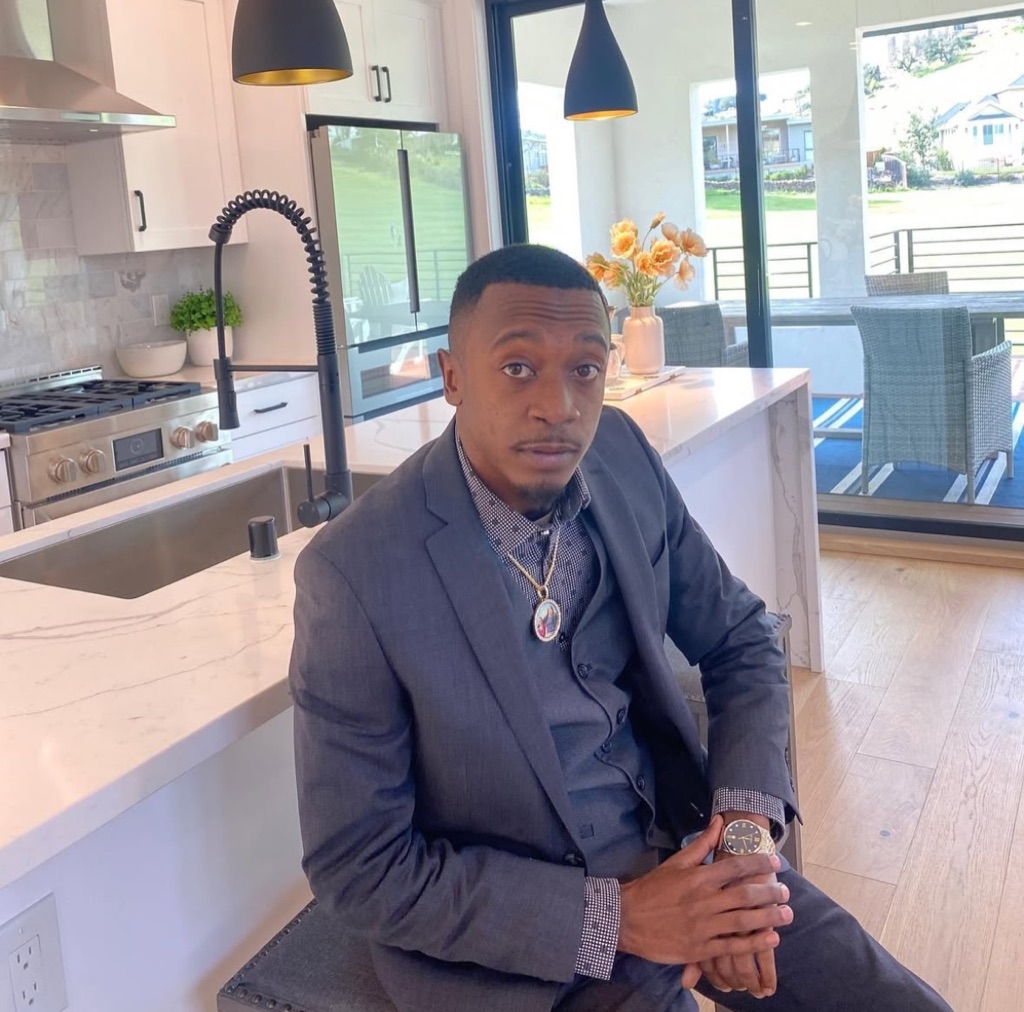
After a long day of school, juniors Sofia and Katie Nogueiro head back home for a moment of relaxation. Instantly they are greeted by a ball of fluff with a wagging tail: the guide dog they are raising, Wilton. Behind the big, sweet eyes and droopy smile lies the potential to change a visually impaired person’s life. To some, raising guide dog puppies seems like an impossible task, but the Nogueiro sisters are more than up for the challenge.

Twin sisters Sofia and Katie Nogueiro have been raising puppies for the organization Guide Dogs for the Blind (GDB) since 2012. Founded in San Rafael, GDB is a non-profit organization that coaches the visually impaired to live with guide dogs. Since its founding in 1941, GDB has paired over 14,000 guide dogs with new owners. However, it is no easy task to become a guide dog. Guide dogs must learn to aid and support someone with limited or nonexistent sight. These skills take time to develop, and the process starts when the dog meets its assigned family at eight weeks old. The Nogueiro family, along with 2,000 others, are some of those volunteers.
Guide Dogs of America is a non-profit organization that works closely with GDB and runs their own puppy-raising program in Southern California. Stephanie Colman is the puppy program coordinator at Guide Dogs of America. She spends her days preparing new puppy-raisers to raise guide dogs and assists current puppy-raisers with the day-to-day challenges they may experience.
“The [puppy-raisers’] main responsibility is to make sure that they are able to get their dog into the world for regular socialization.We are trying to prepare the dogs for all the possible things they might encounter as guide dogs or service dogs,” Colman said.
Puppy-raisers provide basic training, teach house manners and participate in puppy-raising classes led by the Guide Dog facility. Being a puppy-raiser is a big responsibility; however Sofia believes it is similar to raising any other pet.
“There are certain things [such as providing status updates to GDB] you have to do because they’re guide dogs, but mostly our job is to socialize them and get them ready for formal training [with GDB],” said Sofia.

The thrill of first meeting their dog later becomes sadness when the puppy-raisers must send their dog back to the GDB facility after 18 months.
“It’s obviously really hard to give up the dog because you have them for a good amount of time and you get close to them, but [you] realize there’s a person who needs [the dog] more than you do. [Supporting a person in need] helps me but it’s still really hard,” Katie said.
Despite the sadness that comes with giving up the dog, the Nogueiro sisters have become more interested in helping the disabled community by being puppy-raisers.
“[Raising puppies] definitely taught me the importance of community service and thinking of other people before yourself. It has put into perspective how much we take for granted, even just our ability to see,” Sofia said.
Sofia and Katie both recommend the puppy-raising program to other families in Marin for an invaluable experience.
“I would definitely consider doing this again just because it’s a really cool experience and teaches you a lot, especially as a kid, about giving back to other people and being compassionate,” Sofia said.

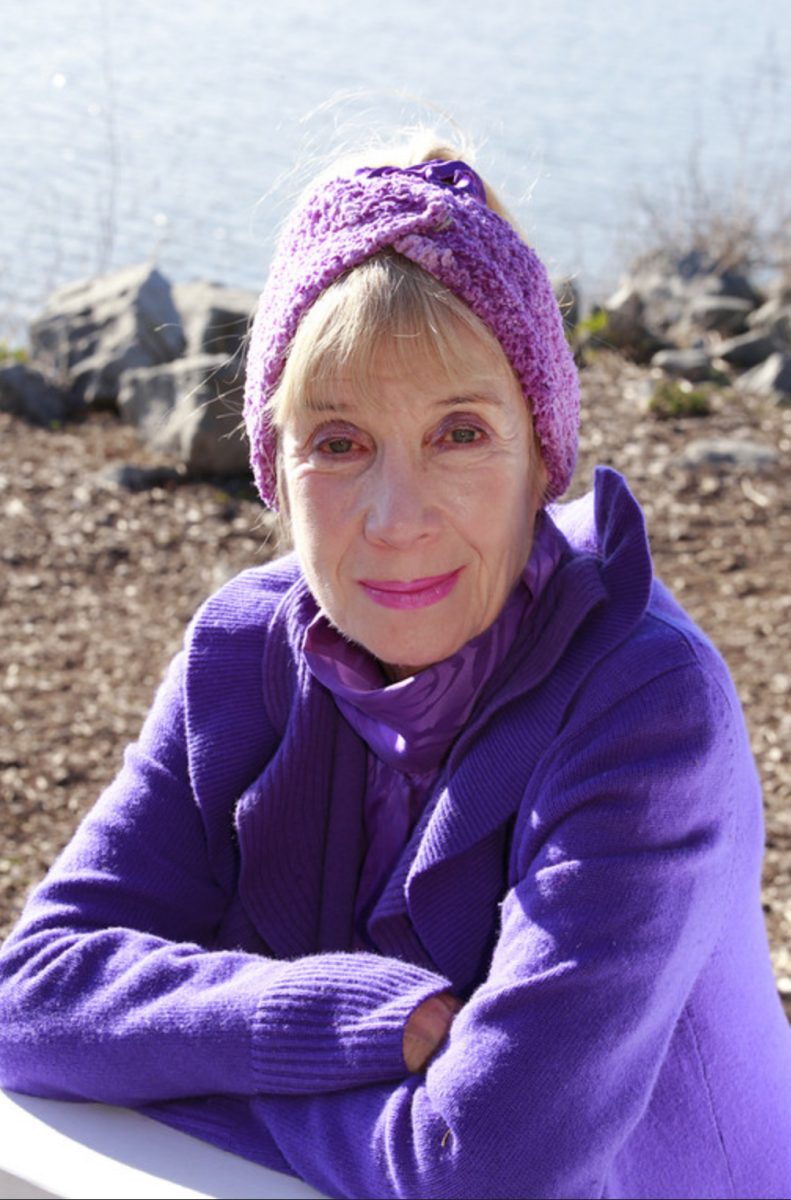
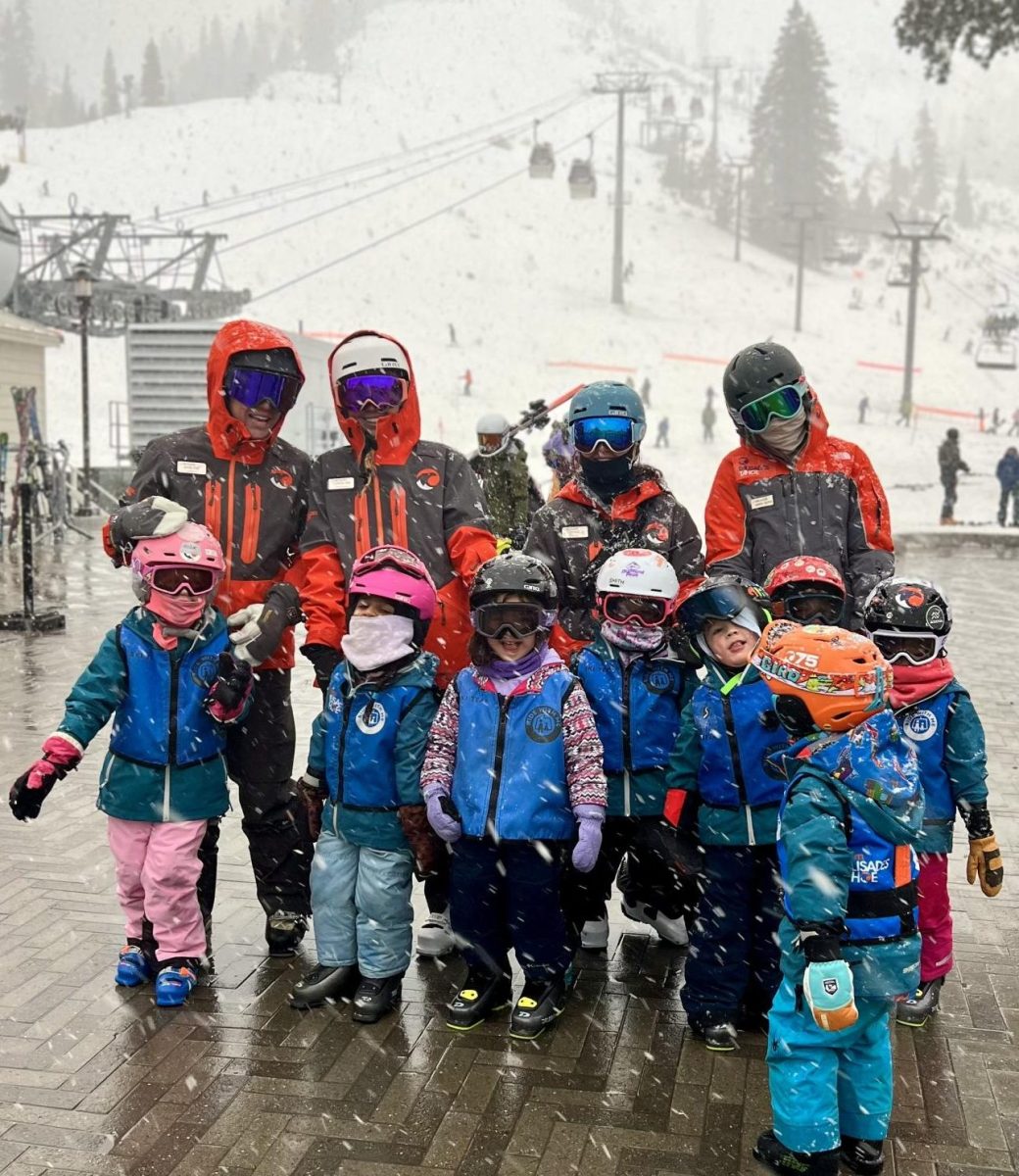



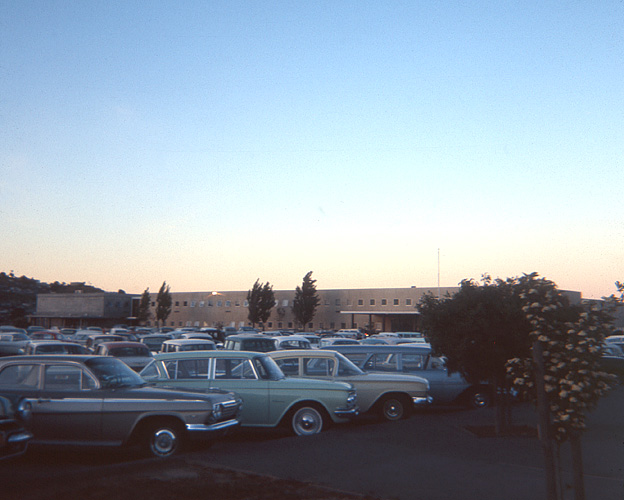


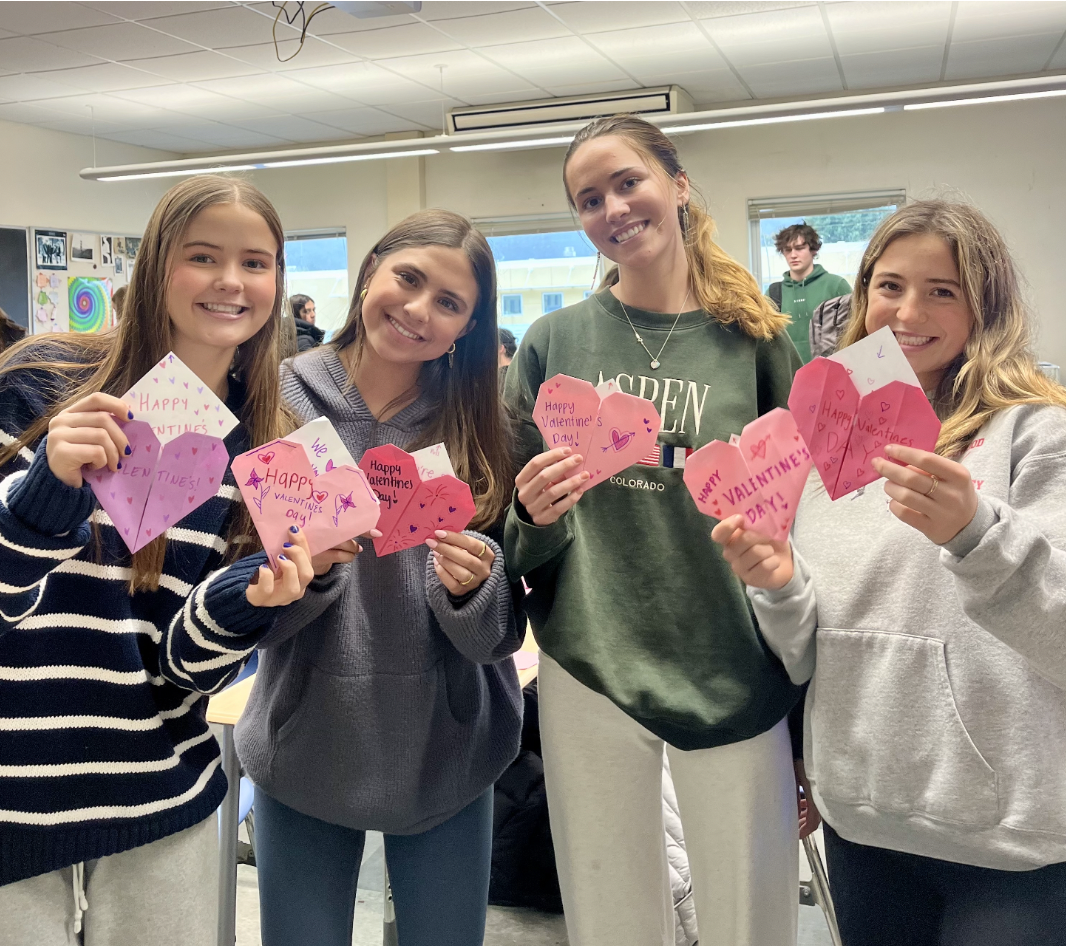
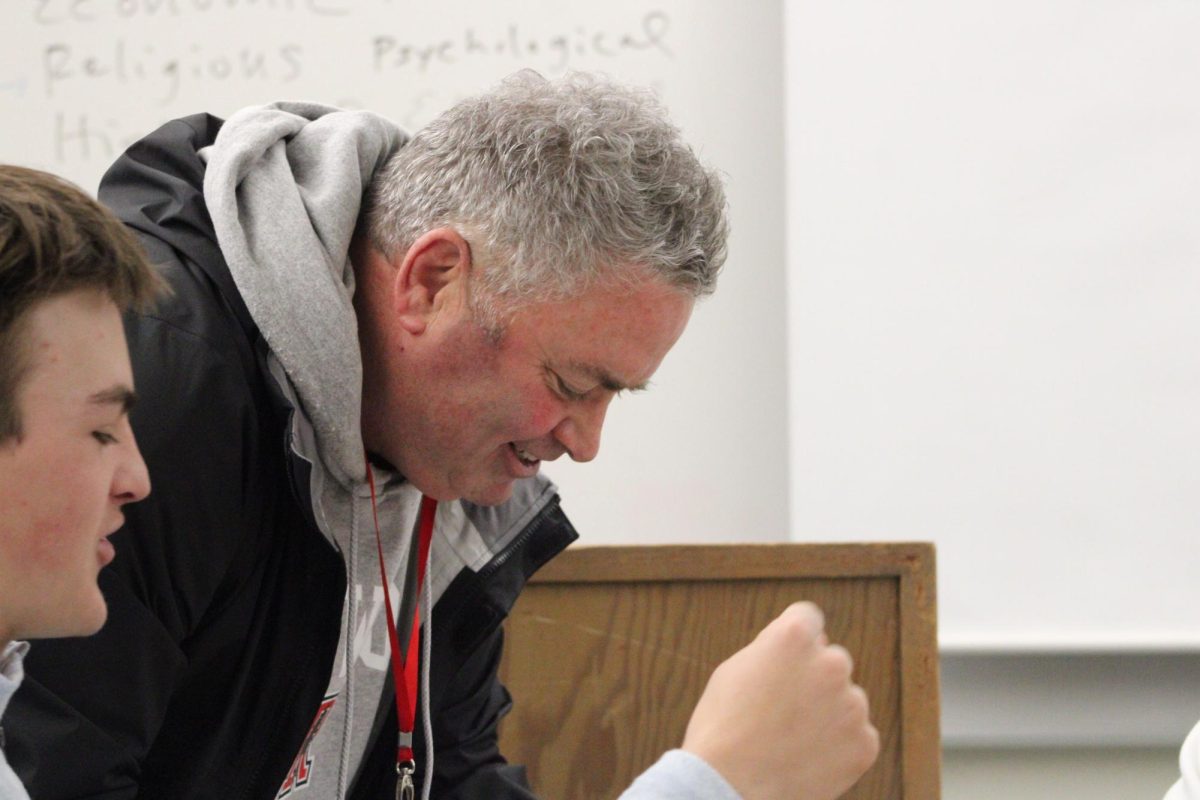
!["I knew I wanted to be a writer. I wasn't a good student [at Redwood], but I wanted to be a writer, and I wanted to paint. I'm self-taught in all of it, which gave me an original voice," Paige Peterson said. (Photo courtesy of Paige Peterson’s website).](https://redwoodbark.org/wp-content/uploads/2025/02/ppeterson.png)
